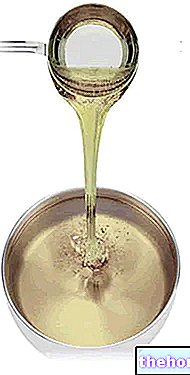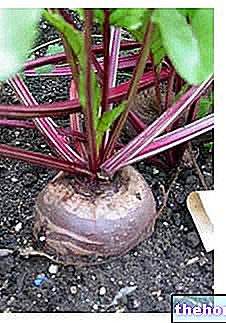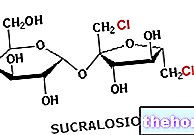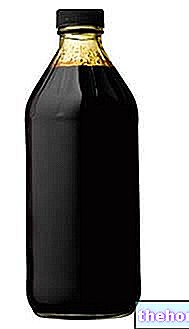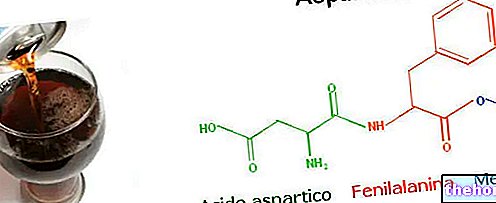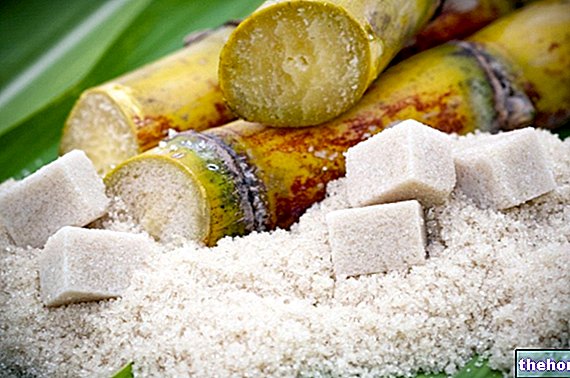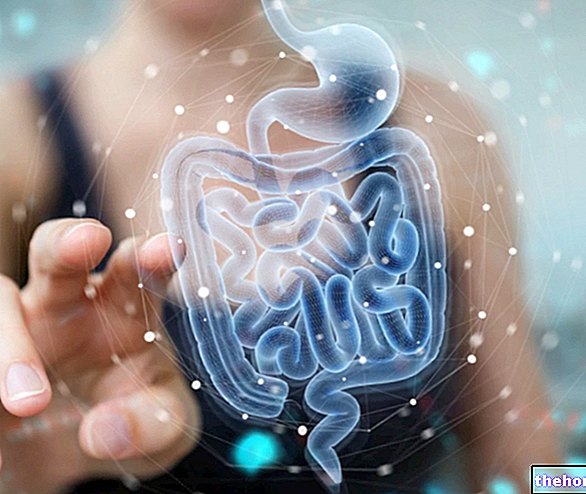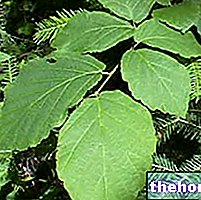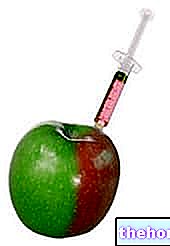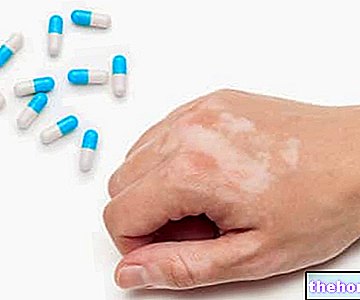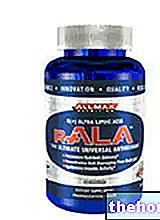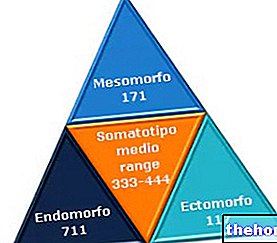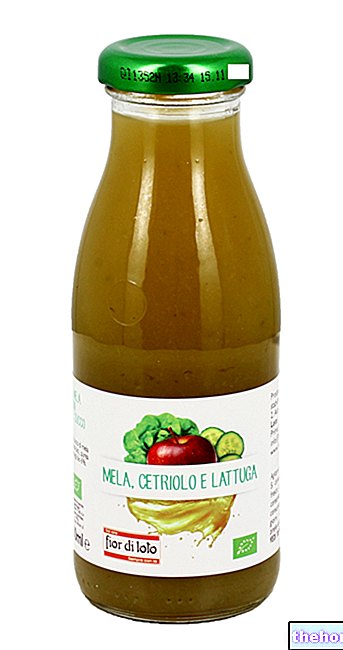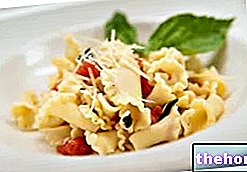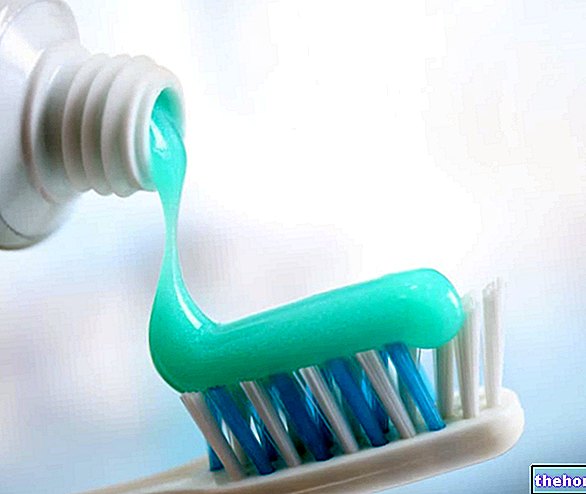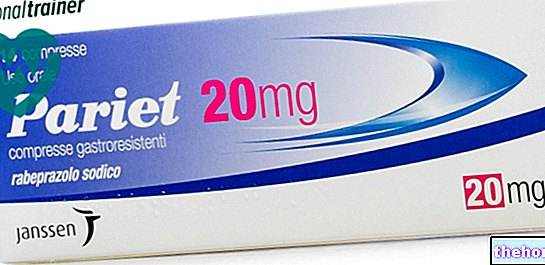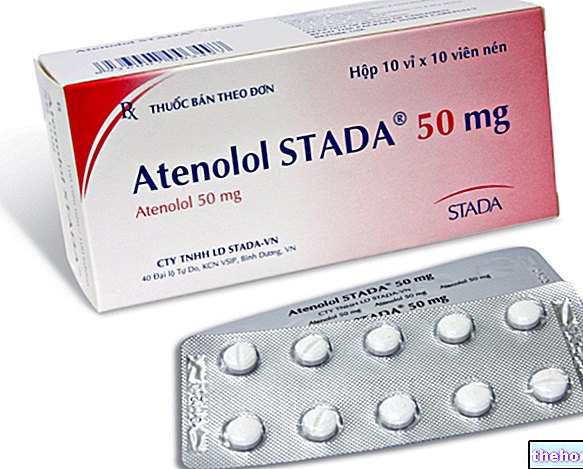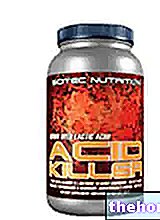Sucralose is a substance belonging to the category of artificial sweeteners. From the chemical point of view it is a chlorinated derivative of sucrose, since three hydroxyl groups of this sugar are replaced by three chlorine atoms (see figure).

Sucralose is particularly used in foods, supplements and dietary products. It can be helpful in low-calorie diets aimed at reducing body weight, even if you have to smile in front of the many people who hurriedly gulp down a couple of pastries at the bar, then sweeten the coffee with sucralose to save some calories. Much more important. the usefulness of this sweetener for people with diabetes appears, since - unlike common cooking sugar - it does not affect glycemic levels.
Sucralose is enjoying an important commercial success in the wake of the persistent scientific research concerning the alleged toxicity of aspartame (which to tell the truth has been repeated, between confirmations and denials, for many years now). Aspartame, as opposed to sucralose, it consists of the combination of two amino acids, aspartic acid and phenylalanine (for this reason, being the latter particularly toxic for phenylketonurics, products containing this artificial sweetener must clearly state that they are a source of phenylalanine).
Compared to aspartame, sucralose also has the great advantage of being stable at the temperatures at which normal baked goods are normally prepared.
Sucralose can also be indicated by the abbreviation E955, while aspartame can hide behind the abbreviation E951. The European committee has set a D.G.A (acceptable daily dose) of 15 mg per kg of body weight for sucralose.
Other Foods - Sweeteners Acesulfame K Aspartame Sugar beet Sugar cane Sodium cyclamate Dextrose Sweeteners Erythritol Fructose Maltose Mannitol Molasses Saccharin Saccharose Maple syrup Agave syrup Fructose syrup Glucose syrup Sugar sorbitol Articles Stevia Sucralitol sugar SWEETENERS Categories Alcoholic Foods Meat Cereals and derivatives Sweeteners Sweets Offal Fruit Dried fruit Milk and Legumes Oils and Fats Fish and fishery products Salami Spices Vegetables Health recipes Appetizers Bread, Pizza and Brioche First courses Second courses Vegetables and Salads Sweets and Desserts Ice cream and sorbets Syrups, liqueurs and grappas Basic Preparations ---- In the Kitchen with leftovers Carnival recipes Christmas recipes Light diet recipes tici Recipes for the Holidays Recipes for Valentine's Day Vegetarian Recipes Protein Recipes Regional Recipes Vegan Recipes

